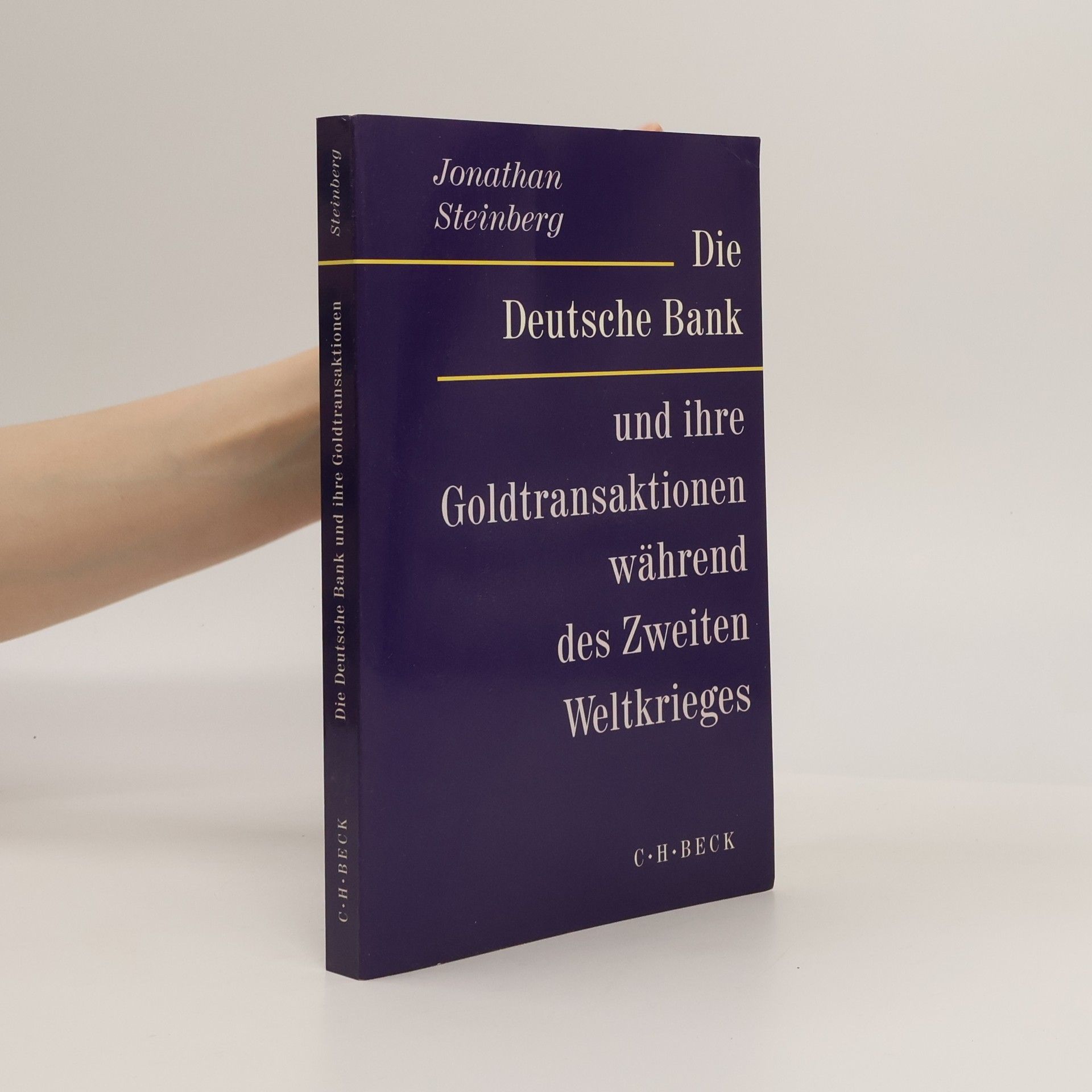Army industry and labor in Germany 1914 - 1918
- 586 stránek
- 21 hodin čtení
Examines the social and economic role of the German army in the nation's internal affairs during World War I.
Gerald Donald Feldman was a historian renowned for his deep engagement with 20th-century German history. His work meticulously examined the complex socio-political landscape of Germany during this pivotal era, offering nuanced insights into its historical trajectory. Feldman's scholarly approach was characterized by rigorous research and a commitment to understanding the multifaceted forces that shaped modern Germany.





Examines the social and economic role of the German army in the nation's internal affairs during World War I.
A chronological history of Modern Europe from 1914 to the present.
Das Buch analysiert die Allianz AG während der Weimarer Republik, des Dritten Reiches und der frühen Bundesrepublik. Es beleuchtet die Beziehungen zum NS-Staat, den Umgang mit jüdischen Vermögenswerten und die Wiedergutmachungspolitik. Gerald D. Feldman bietet eine umfassende Darstellung der Versicherungswirtschaft im Nationalsozialismus.
Hugo Stinnes (1870-1924) war einer der Pioniere der Energieversorgung, Gründer eines mächtigen Konzerns der Schwerindustrie, erfolgreicher Akteur im Außenhandel und zugleich eine der einflußreichsten politischen Figuren seiner Zeit.